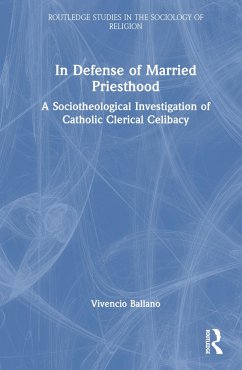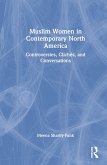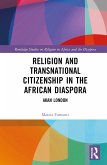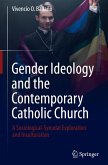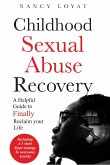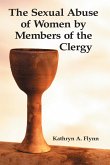This book offers an analysis of the sociological, historical, and cultural factors that lie behind mandatory clerical celibacy in the Roman Catholic Church and examines the negative impact of celibacy on the Catholic priesthood in our contemporary age. Drawing on sociological theory and secondary qualitative data, together with Church documents, it contends that married priesthood has always existed in some form in the Catholic Church and that mandatory universal celibacy is the product of cultural and sociological contingencies, rather than sound doctrine. With attention to a range of problems associated with priestly celibacy, including sexual abuse, clerical shortages, loneliness, and spiritual sloth, In Defense of Married Priesthood argues that the Roman Catholic Church should permit marriage to the priesthood in order to respond to the challenges of our age. Presenting a sociologically informed alternative to the popular theological perspectives on clerical celibacy, this book defends the notion of the married priesthood as legitimate means of living the vocation of Catholic priesthood-one which is eminently fitting for the contemporary world. It will therefore appeal to scholars and students of religion, theology, and sociology.
Hinweis: Dieser Artikel kann nur an eine deutsche Lieferadresse ausgeliefert werden.
Hinweis: Dieser Artikel kann nur an eine deutsche Lieferadresse ausgeliefert werden.
'Conceptually this is a book that is desperately overdue. That is to say that the need to understand the origins and "logic" of certain Catholic practices in a wide socio-cultural context is still lacking in many places, and this book is a good beginning to address such a lack. This is especially true with issues such as sex, celibacy, and marriage in a theological context, which can function sometimes to obscure important, perhaps even predominant, social and cultural factors as well as the psychological.' - A.A.J. DeVille, associate professor of psychology, University of Saint Francis.

